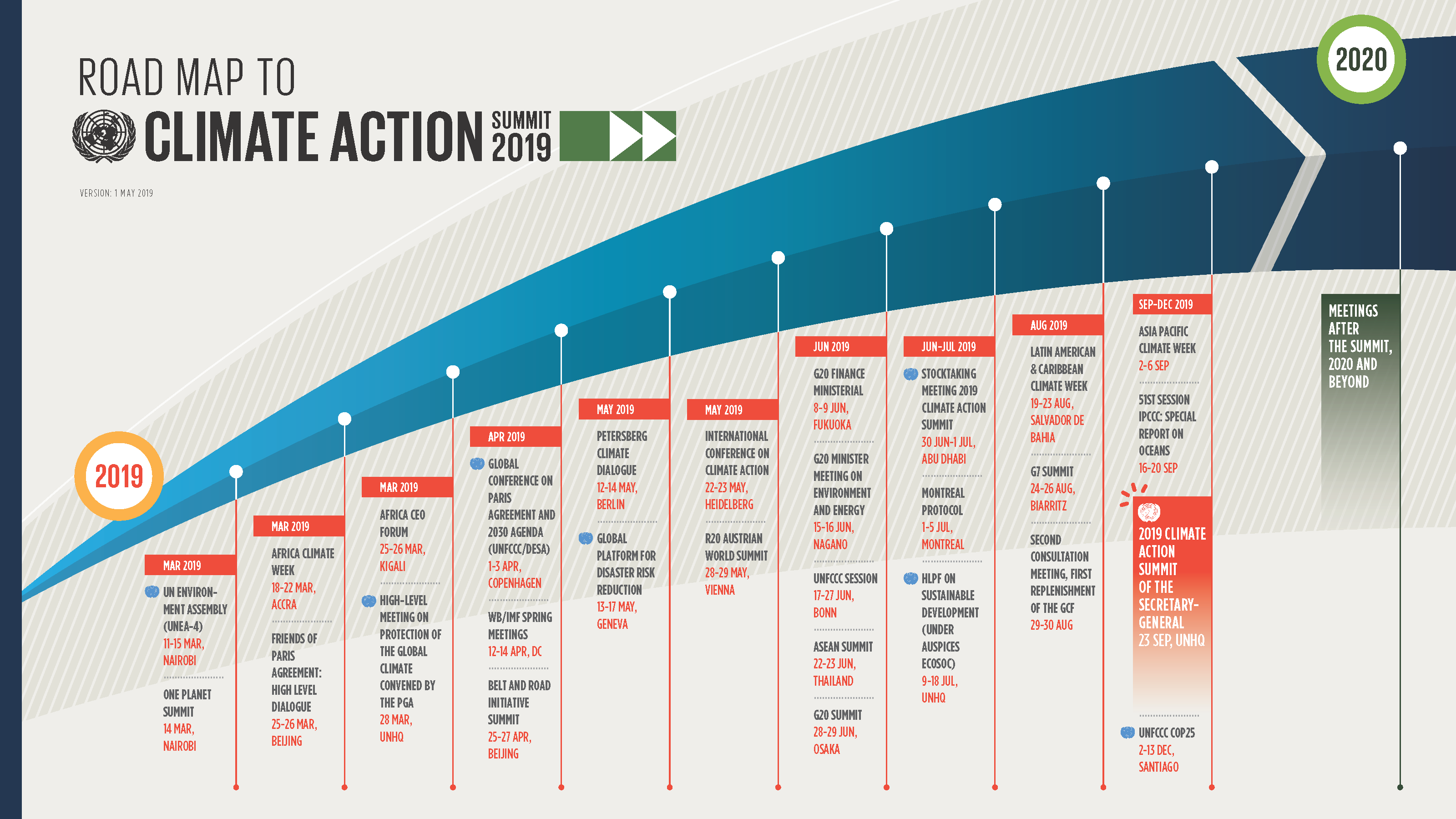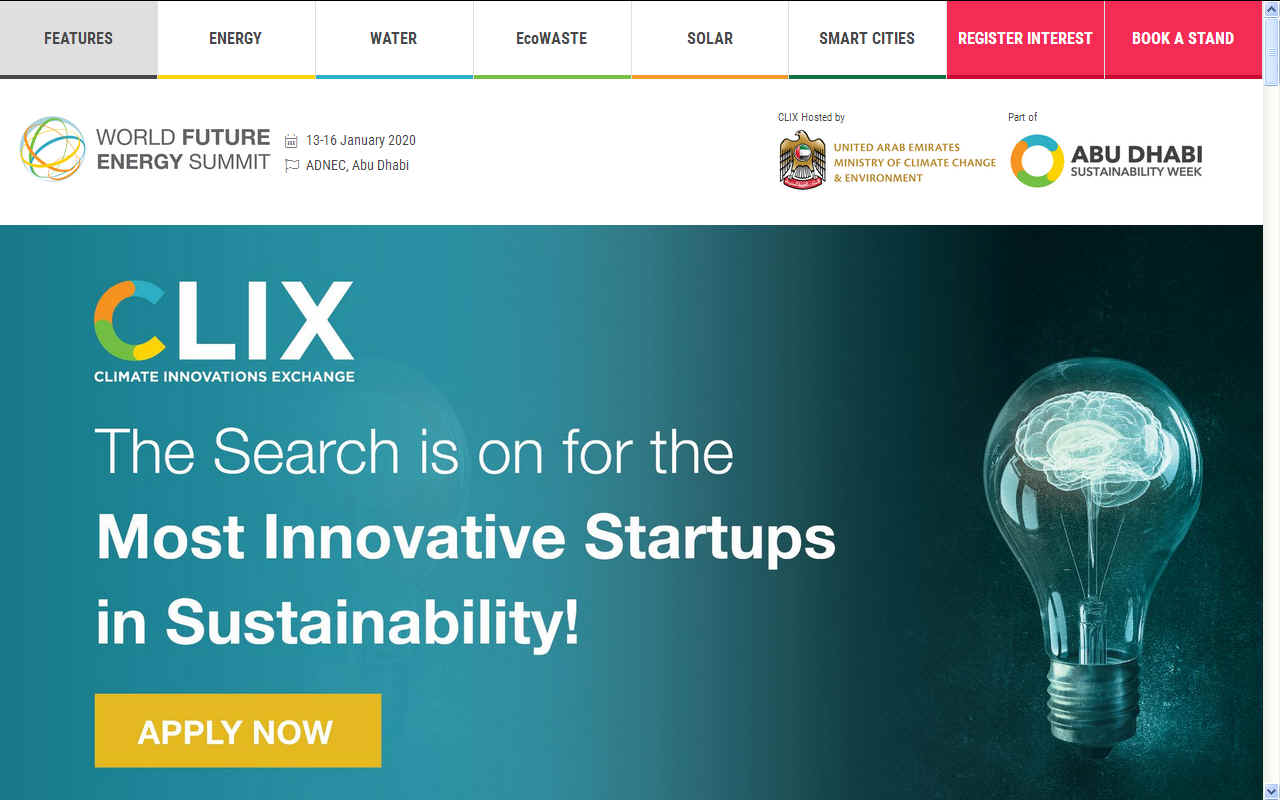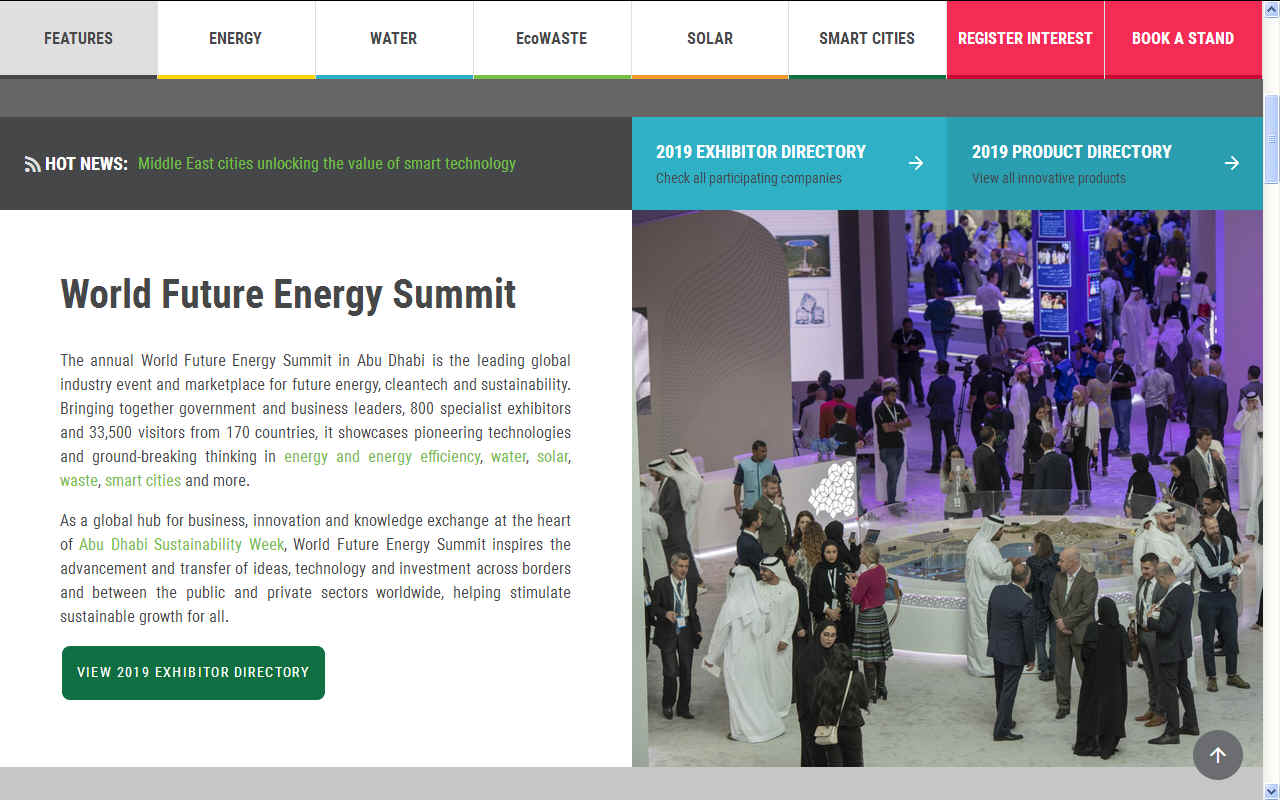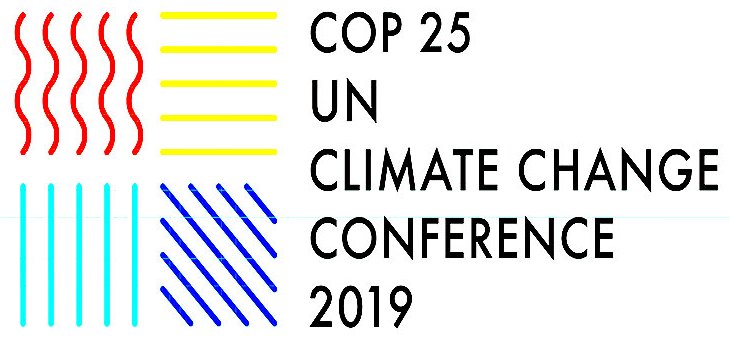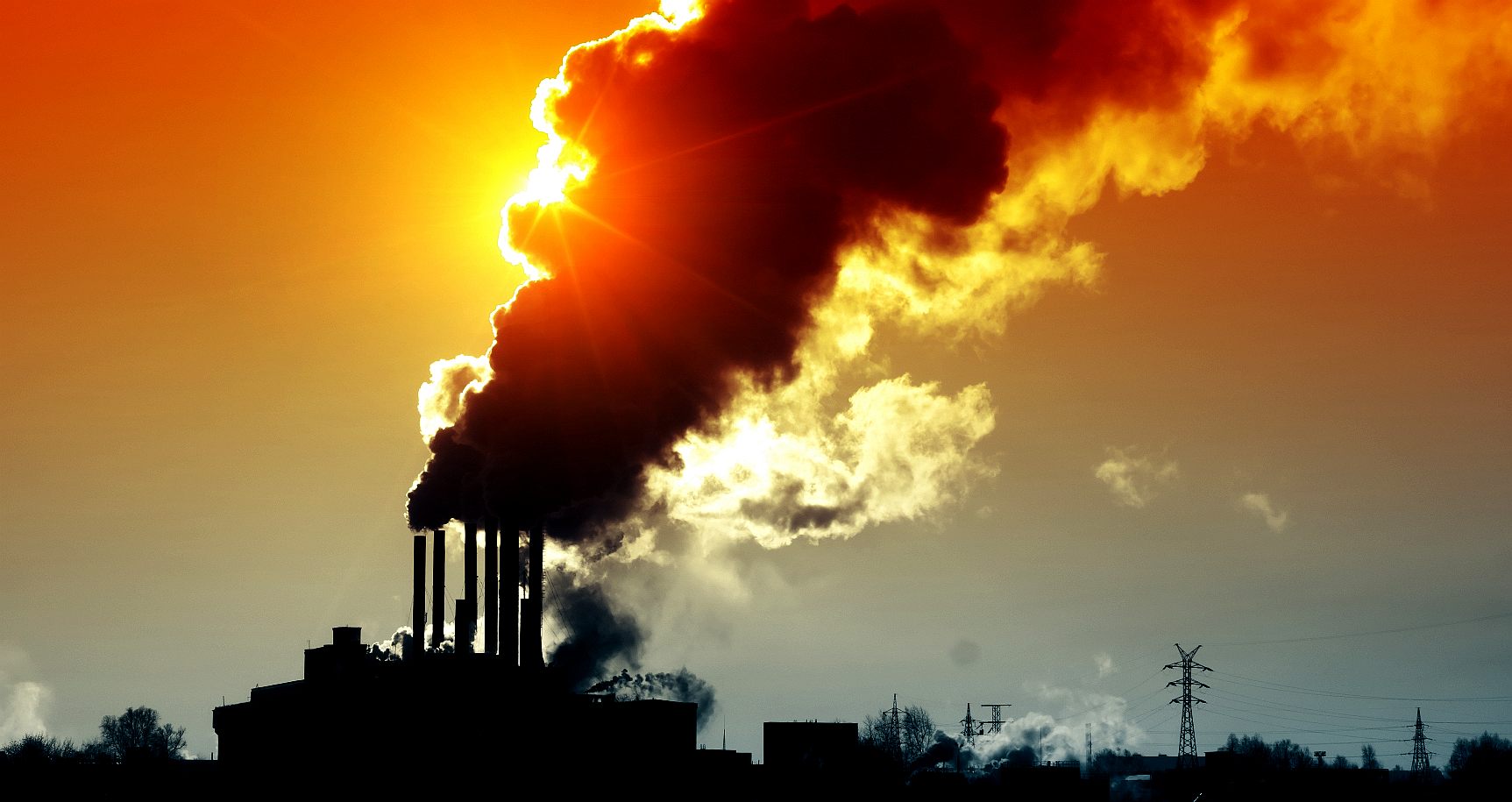|
MITIGATION UN CLIMATE ACTION 2019
Please use our A-Z INDEX to navigate this site where page links may lead to other sites
|
||||||||||||||||||||||||||||||||||
UN Action Portfolios - In order to ensure that the transformative actions in the real economy are as impactful as possible, the UN Secretary-General has prioritized six action portfolios, which are recognized as having high potential to curb greenhouse gas emissions and increased global action on adaptation and resilience. He has in our view omitted one of the most important issues being corruption in politics, sloth and kleptocratic empire building, though this may be a matter of interpretation.
Mitigation Strategy: to generate momentum for ambitious Nationally Determined Contributions (NDCs) and long-term strategies to achieve the goals of the Paris Agreement.
UN CLIMATE ACTION PORTFOLIOS
1.
Finance
Global emissions are reaching record levels and show no sign of peaking. The last four years were the four hottest on record, and winter temperatures in the
Arctic have risen by 3°C since 1990. Sea levels are rising, coral reefs are
dying for ocean acidification, and we are starting to see the life-threatening impact of
climate change on health, through air pollution, heatwaves and risks to
food security.
CLIMATE CHANGE COP HISTORY
DESERTIFICATION COP HISTORY
BIODIVERSITY COP HISTORY
OUR SIX STEPS TOWARD A COOLER PLANET
1. TRANSPORT: Phase out polluting vehicles. Government aims to end the sale of new petrol, and diesel vehicles by 2040 but have no infrastructure plan to support such ambition. Marine transport can be carbon neutral.
2. RENEWABLES: Renewable energy should replace carbon-based fuels (coal, oil and gas) in our electricity, heating and transport.
3. HOUSING: On site micro or macro generation is the best option, starting with new build homes.
4. AGRICULTURE: We need trees to absorb carbon emissions from a growing population, flying, and to build new homes. Reducing food waste and promoting less energy intensive eating habits such as no meat Mondays.
5. INDUSTRY: Factories should be aiming for solar heating and onsite renewable energy generation.
6. POLITICS: - National governing bodies need to adopt policies to eliminate administrative wastages, to include scaling down spending on war machines, educating the public and supporting sustainable social policies that mesh with other cultures. Curbing kleptocratic councils.
FUTURE ENERGY - The annual World Future Energy Summit in Abu Dhabi is the leading global industry event and marketplace for future energy, cleantech and sustainability. Bringing together government and business leaders, 800 specialist exhibitors and 33,500 visitors from 170 countries, it showcases pioneering technologies and ground-breaking thinking in energy and energy efficiency, water, solar, waste, smart cities and more.
LINKS & REFERENCE
https://www.worldfutureenergysummit.com/#/ https://www.c2es.org/document/climate-action-plans/ http://www.ca-ilg.org/climate-action-plans https://www.london.gov.uk/what-we-do/environment/climate-change/climate-action-plan https://www.un.org/en/climatechange/ https://www.ecca2019.eu/
|
||||||||||||||||||||||||||||||||||
|
This website is provided on a free basis as a public information service. copyright © Climate Change Trust 2019. Solar Studios, BN271RF, United Kingdom.
|

